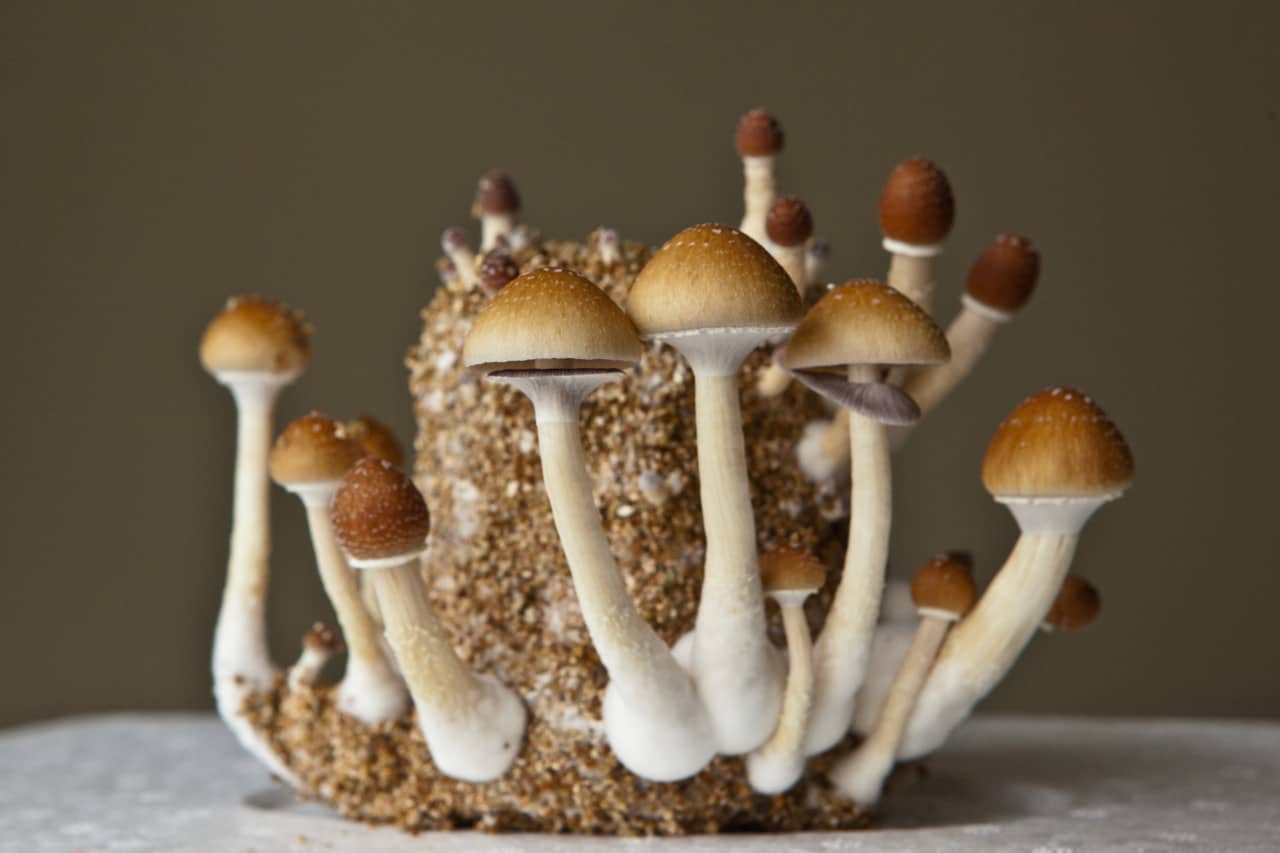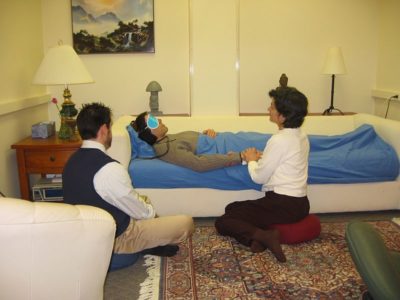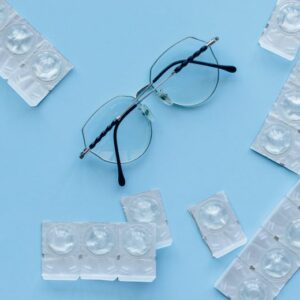
For much of history, humans have relied on plants and fungi as both food and medicine – that is, until the “modern” era when patentable alternatives supplanted traditional ways of living. Some fungi and plants served other functions in pre-industrial society, such as helping humans to foster their spiritual selves as well as their connection to other living things. These “medicines for the soul,” otherwise known as naturally-occurring psychedelics, have largely been made illegal throughout the world.
Among these are mushrooms native to tropical and subtropical climates which contain the psychoactive Psilocybin. Psilocybin-containing mushrooms, commonly known as “magic mushrooms” have a long and storied history of use among Latin and North American indigenous groups for religious and spiritual purposes. Some thinkers have gone so far to suggest that these mushrooms facilitated the jump in consciousness from primate to man due to their capacity to bring about self-realization. However, the mushrooms, after their use expanded to the US in the 1960s, were prohibited and classified as Schedule I drugs, the same classification given to heroin and meth. Psilocybin-containing mushrooms have remained in this category in the years since despite no evidence that they cause dependency.
Psilocybin, not unlike Marijuana, has consistently been labeled as having no medicinal value, despite mounting scientific evidence to the contrary. Now, a new study conducted by researchers at New York University and John Hopkins has shown a clear link between psilocybin use and the reduction of anxiety and depression in cancer patients. After arduous review of the study by government regulators, the universities were given permission to use Psilocybin in the trial despite it being a controlled substance. Once that permission was granted, the researchers undertook the “largest and most meticulous among a handful of trials to explore the possible therapeutic benefits of Psilocybin.” Their results were dramatic, as about 80% of cancer patients showed significant reductions in psychological distress, anxiety, depression for up to seven months or longer after a single use. No clinically significant side effects were reported in the study, spurring researchers to call for a lifting of restrictions regarding the study of Psilocybin’s medicinal and therapeutic uses.

Previous studies have supported the findings of this newest investigation. A 2011 study conducted by UCLA paved the way for psilocybin’s use in clinical trials by establishing the feasibility and safety of administering the chemical to patients. It also showed a positive trend of improved mood and reduced anxiety among participants. Another 2011 study, also conducted by Johns Hopkins, showed the capacity of Psilocybin for inducing mental well-being and long-lasting psychological growth, also with no negative side effects. Out of the study’s participants, 94% said their use of psilocybin during the study was one of the top five most meaningful experiences of their lives while 39% said it was the single most meaningful experience.
Though Psilocybin still has a long way to go before it could be legally available to patients with psychological distress, this latest study is likely to clear the way for new research confirming what traditional cultures have known about psilocybin for millennia.
What are your thoughts? Please comment below and share this news!
This article (Psilocybin Shown To Decrease Depression, Anxiety In Cancer Patients) is free and open source. You have permission to republish this article under a Creative Commons license with attribution to the author and TrueActivist.com


